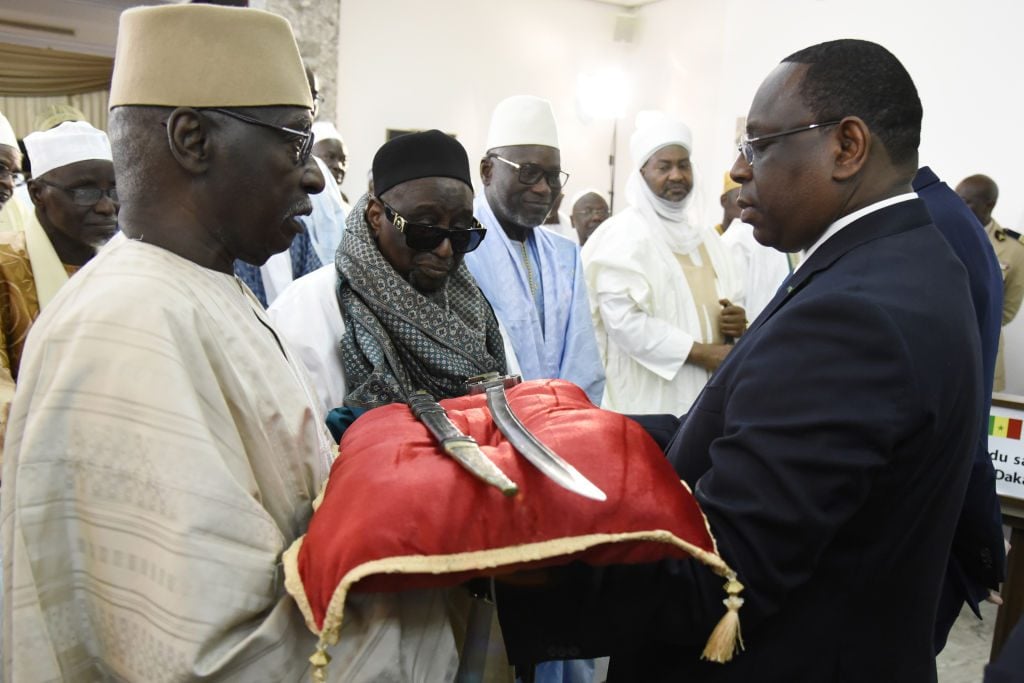Law & Politics
In a Historic Move, France Has Taken a Major Step Towards Fully Restituting 27 Looted African Objects to Senegal and Benin
New legislation in France could see 26 looted objects returned to Benin and a sword restituted to Senegal.

New legislation in France could see 26 looted objects returned to Benin and a sword restituted to Senegal.

Kate Brown

The French government has taken its first major legal step towards officially restituting 27 looted objects from its national collections to the former colonies of Senegal and Benin.
The government examined the first draft of a law on Wednesday, July 15, which legislates that specific items known to have been looted must be returned permanently to their places of origin within one year. The legislative step is significant because historically the French have clung to the principle of “inalienability” of the country’s national collections, making deaccessioning any objects legally impossible.
The objects the law would see deaccessioned from French collections include 26 objects taken from the royal palace of Abomey in 1892, which are currently held at the Musée du Quai Branly-Jacques Chirac. These would be returned to the Republic of Benin. A sword thought to have been owned by anti-colonial leader El Hadj Omar Tall would be transferred to Senegal. The piece was held at the French Army Museum but was loaned to Senegal last November to go on display at the new Museum of Black Civilisations.
The new legislation “corresponds to a very strong commitment made by the president of the Republic so that African youth have the opportunity to access their heritage and their history in Africa,” a government spokesman said, according to Le Figaro. He added that the matter is “one of the essential issues for a new relationship of friendship between France and Africa.”
France had colonies in what is modern-day Senegal and Benin, as well as modern-day Mali and Guinea, among others. It holds at least 90,000 objects from sub-Saharan African its museums, largely at the Quai Branly.
The draft law still needs to be adopted by the parliament, which may take place before the end of the year. The bill stipulates a limited suspension of the “essential principle of the inalienability” of French public collections, in order to restitute the 27 items. It is not clear whether the bill will set a precedent for future restitutions to other former colonies.
Last month, five people led by Congolese activist Mwazulu Diyabanza seized a funerary object from the museum with the intention of restituting it to Africa. Diyabanza, who faces trial in the fall for his direct action, did not immediately respond to a request for comment.
After President Emmanuel Macron announced his intention to return looted objects to source nations in 2017, the government commissioned a groundbreaking report that urged immediate official action on restitution in 2018. Yet, until now, no restitutions have taken place. One of the authors of the report, Felwine Sarr, did not immediately respond to a comment on the news of the draft bill.
“It is a historic moment for African youth,” Marie-Cécile Zinsou, founder of Foundation Zinsou that focuses on cultural heritage in Benin, told France24. “We should not concentrate on the number of objects being restituted alone, but on this symbolic act… African countries and France are finally looking at each other at eye-level, it is no longer one looking down at the other.”